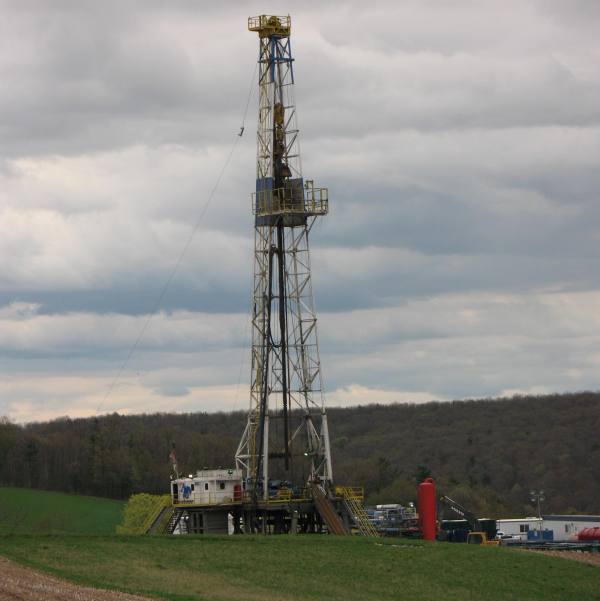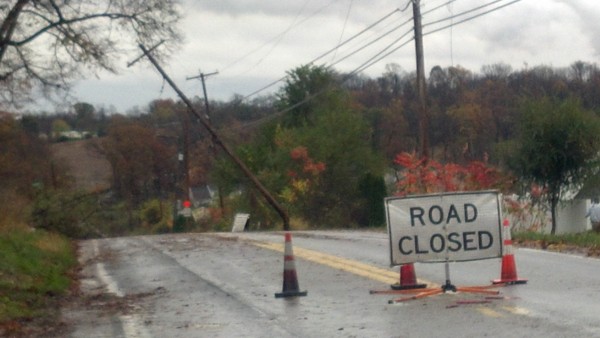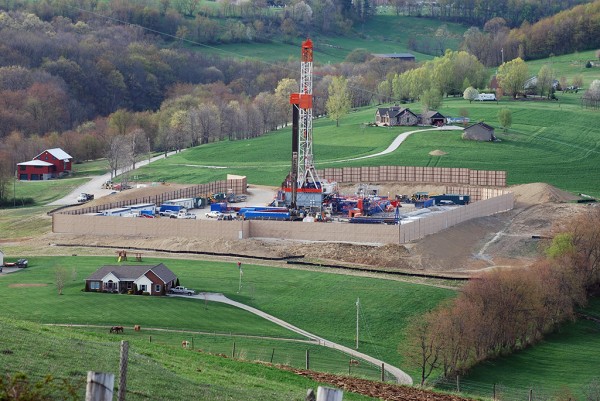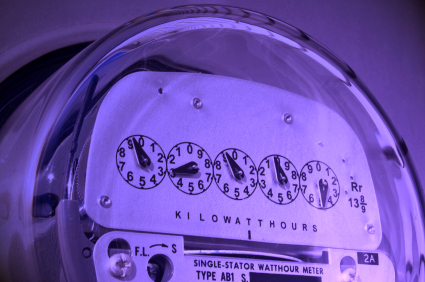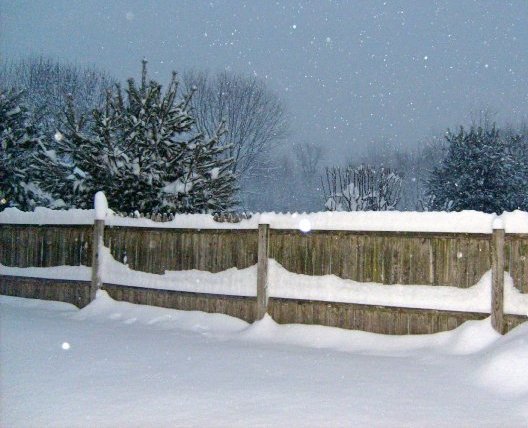The Pennsylvania Public Utility Commission will take a closer look at how electric utilities handled outages during Hurricane Irene in a special forum next month. At the height of the storm, there were some 768,000 customers without power. Some were without service for up to ten days. Overall, there were more than 1.3 million customer outages throughout the storm
The PUC will hold a Special Electric Reliability Forum to take a closer look at how the utilities prepared for Irene and handled storm damage. Spokeswomen Jennifer Kocher says some things were handled extremely well by the utilities and there were other things that didn’t go quite so well. She says the forum is an effort to learn lessons for the next storm.
Kocher says the commission wants to look at how pre-planning went, what communication efforts were made with customers and how the electric utilities worked to restore service to affected customers.
Kocher says most of the utilities have Irene in their top five of outage storms. She says the commission recognizes it was not the norm, but it’s always an opportunity to learn from what happened, what they can do better and how to move forward from here.
The forum will be held on October 12th from 1:30 pm until 5 pm at the Commonwealth Keystone Building in Harrisburg. There will be an opportunity for the public to offer comment at the conclusion of the formal remarks.
Kocher says the commission, at its meeting on Thursday, did make a rule change that will mean utilities will have to regularly provide more information on pre-storm preparation and mutual aid in the future.


